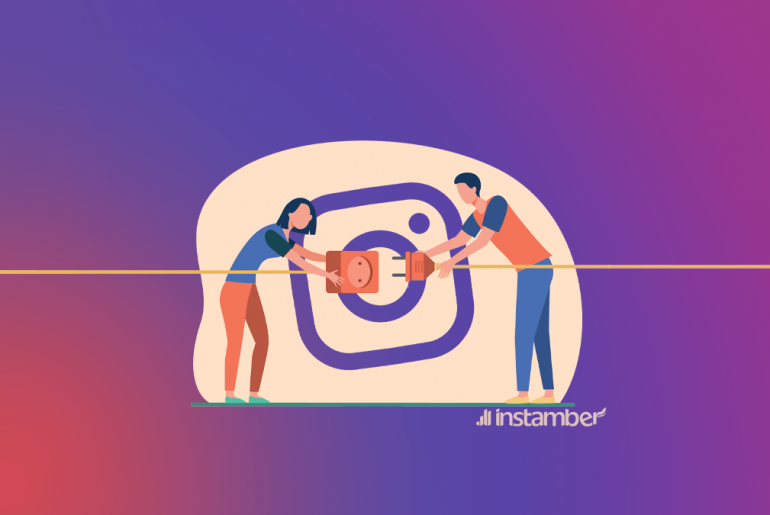Smartphones have become an extension of ourselves. They’re how we stay connected, find information, and get things done. In this mobile-first world, customer engagement is a crucial factor for business success.
A well-designed mobile application isn’t just a nice extra; it’s a powerful weapon in the fight for customer attention. It can transform the way you connect with customers, build loyalty, and drive long-term success for your business.
This guide will help you learn about the role of developing an application for your business. But before diving into the specific benefits of developing a mobile app, let’s explore some key considerations.
Key Considerations for Successful App Development
Building a successful app takes more than just coding skills. As a business owner, you must consider several key factors to create something truly valuable and engaging.
Platform Choice:
- Considerations of iOS vs. Android or hybrid app development: Do you want to target Apple users (iOS), Android users, or both? Each platform has its pros and cons regarding development costs, market share, and user experience. Hybrid app development, where you build one app compatible with multiple platforms, can also be an option.
- PaaS for Streamlined Development: PaaS (Platform as a Service) solutions provide a pre-configured environment for building and deploying your app. Generally, developers use Heroku as a reliable option, but there are numerous other reliable platforms available. Consider exploring resources dedicated to comparing a Heroku replacement and help you find the best fit for your project’s needs. These resources often provide detailed explanations of real-time alternatives and highlight the strengths of different providers.
Market Research:
- Identify specific customer needs and pain points your app addresses: Don’t just build an app for the sake of it. What problem does it solve for your target audience? How will it make their lives easier or better?
- Understand your competition and how your app can stand out: Look at what other apps are already out there. What do they do well? Where do they fall short? This knowledge will help you tell the developers to create a design that truly fills your business’ gaps in the market.
How Mobile Apps Drive Customer Engagement
Customer engagement is all about how they interact with your business. When you have high engagement, it means they are invested in what you offer. Mobile apps have a unique power to foster deep, long-lasting customer engagement. This actively helps build a relationship with your business. Here’s how they do it:
Seamless User Experience
- The convenience factor – Apps accessible anytime, anywhere: Unlike a website, a mobile application lives on a user’s phone. This means they can access your products, services, or information in just a few taps, regardless of location.
- Intuitive, user-friendly design is critical to lowering barriers to use: It should be easy to navigate and understand. Focus on a clean layout, clear calls to action, and fast loading times to keep users happy and engaged.
Personalization
- Utilize data to personalize recommendations, offers, and the overall experience: Gather insights about user preferences and behavior to personalize their experience. Offer relevant product suggestions, tailor promotions, or even adjust the app’s interface based on their usage patterns.
- Example: How Amazon uses customer data for personalization: Think about how Amazon recommends other products you might like based on past purchases or how it remembers items in your cart. That’s personalization in action!
Direct Communication
- Push notifications for targeted updates, promotions, and reminders: Push notifications allow you to send messages directly to your users’ phones, even when the application is closed. Use them for timely updates, special offers, or gentle reminders (like an abandoned shopping cart).
- Cautionary note: Avoid overusing and creating valuable notifications: Push notifications are powerful, but use them wisely! Overdoing it can irritate users. Focus on sending messages that truly add value for your audience.
Loyalty Programs and Rewards
- Gamification techniques to encourage repeat users: Incorporate elements of gameplay. Award points for purchases, reviews, or social sharing. This can make interacting users with fun and rewarding.
Additional Strategies for Better Engagement
Your app shouldn’t stand alone. Connect it with the rest of your business. This creates a consistent, unified experience for your consumers, no matter how they interact with your brand.
Turn it into more than just a tool – make it a place where users connect with each other. Integrate forums, discussion boards, or even social features that allow users to share experiences, ask questions, and feel a sense of belonging. This builds genuine loyalty and brand ambassadorship.
Conclusion
App development isn’t just about following the latest trend. It’s a strategic investment that can transform how you connect with consumers. In today’s mobile-driven world, a well-designed application is essential for building loyalty, driving sales, and staying ahead of the competition. If you already have an app, take a fresh look – does it truly serve your customers’ needs?


